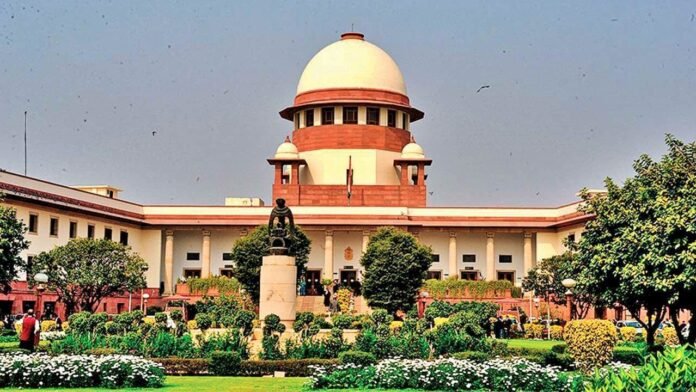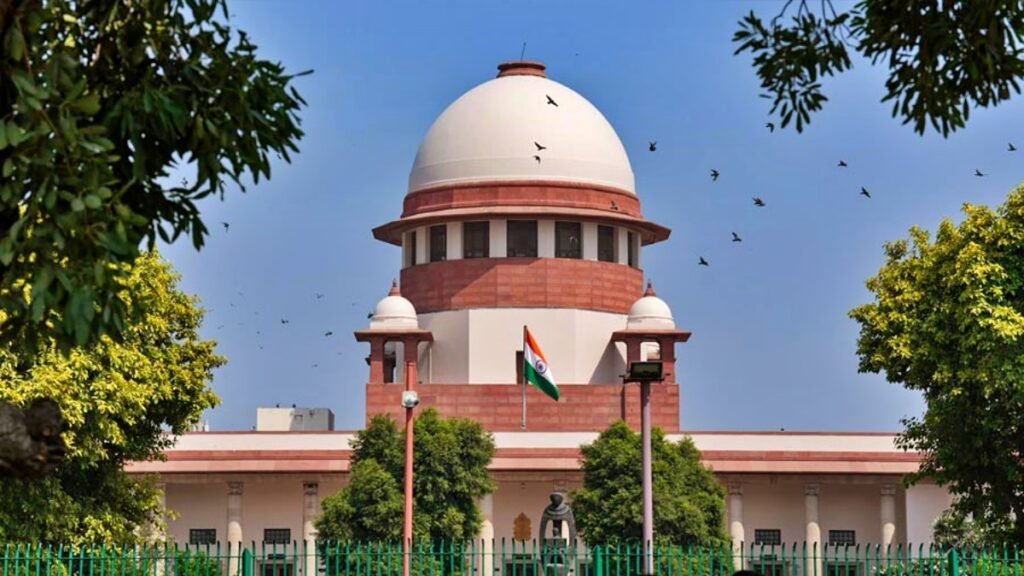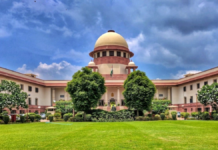
New Delhi: In a significant ruling on Friday, the Supreme Court of India intervened to pause the implementation of the Allahabad High Court’s decision regarding the Uttar Pradesh Madrasa Act. The apex court’s order has brought relief to approximately 17 lakh students across 16,000 madrassas in the state, ensuring that their education can proceed under the provisions of the 2004 law.
The Allahabad High Court had previously found the 2004 Act to be unconstitutional, a decision that the Supreme Court has now temporarily stayed. The Supreme Court has raised questions about the High Court’s judgment, particularly challenging the notion that the Act violates the principle of secularism. The Uttar Pradesh government, which had defended the Act in the High Court, has been issued a notice by the Supreme Court to further examine the matter.
During the Supreme Court proceedings, the Uttar Pradesh government argued that the madrassas are operational thanks to government aid and that discontinuing this support would adversely affect children from economically disadvantaged backgrounds. The government contended that there is a misconception being spread that religious education is being prioritized over general subjects, which they clarified is not the case. The Additional Solicitor General (ASG) representing Uttar Pradesh, Mr. Nataraj, suggested that while madrassas should be allowed to function, the state should not be responsible for their funding, and admissions should only occur post the academic session.
The High Court’s bench, consisting of Justice Vivek Chaudhary and Justice Subhash Vidyarthi, had directed the Uttar Pradesh government to integrate madrasa students into the formal education system. This directive came amidst a legal challenge to the UP Madrasa Board’s authority and concerns raised by both Central and State Governments regarding the management of madrassas under the Minority Welfare Department.
The state of Uttar Pradesh is home to an estimated 25,000 madrassas, with over 16,500 recognized by the UP Board. A recent investigation by a Special Investigation Team (SIT) identified around 13,000 unauthorized madrassas along the UP-Nepal border, recommending their closure. The Supreme Court’s latest decision has cast a shadow of uncertainty over the future of madrassa students, with many expressing concerns about transitioning to a new educational system and the challenges it may pose.

The Supreme Court’s stay order has temporarily alleviated these concerns, allowing for the continuation of education under the existing law while the legal proceedings unfold.















































